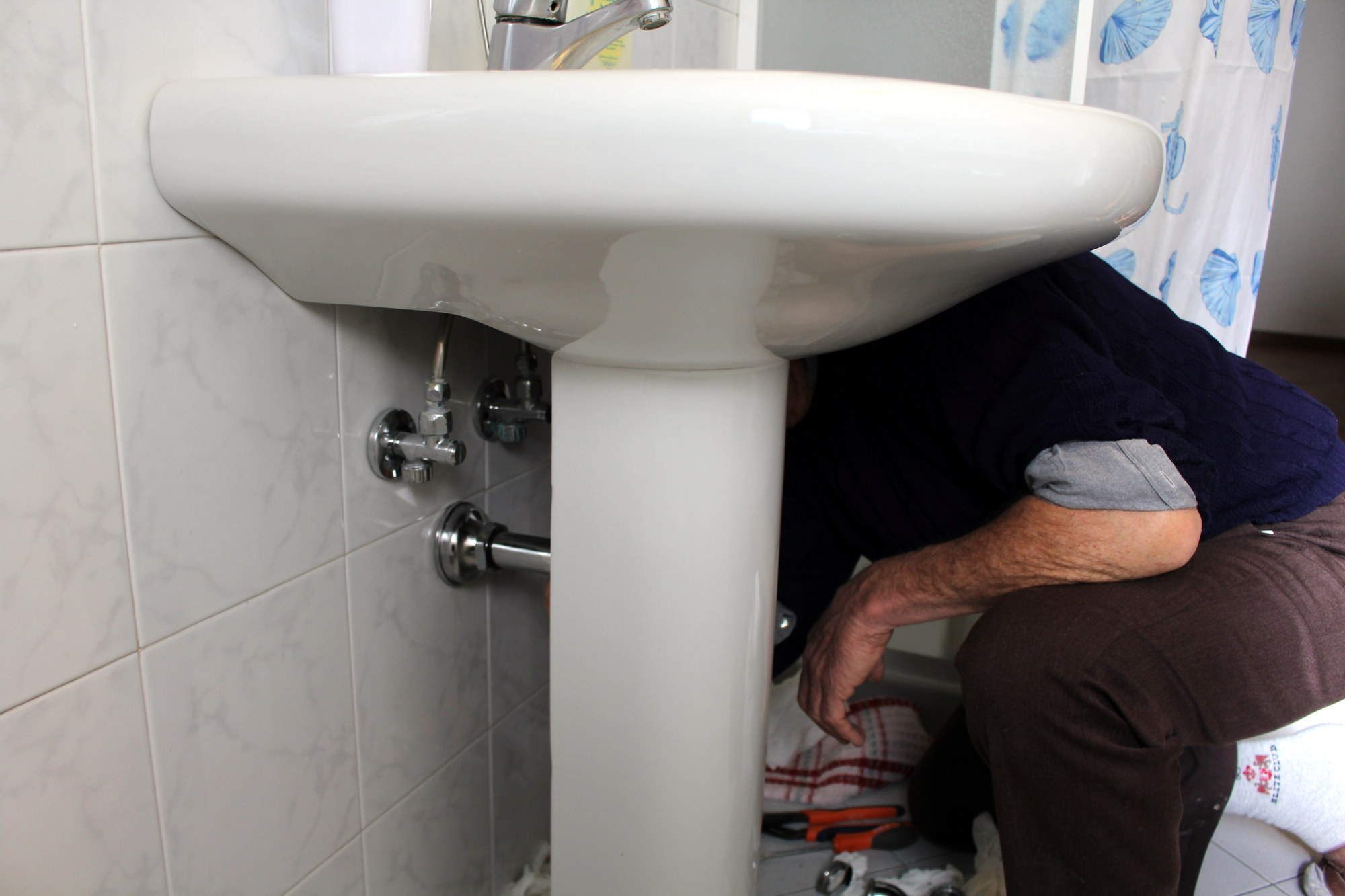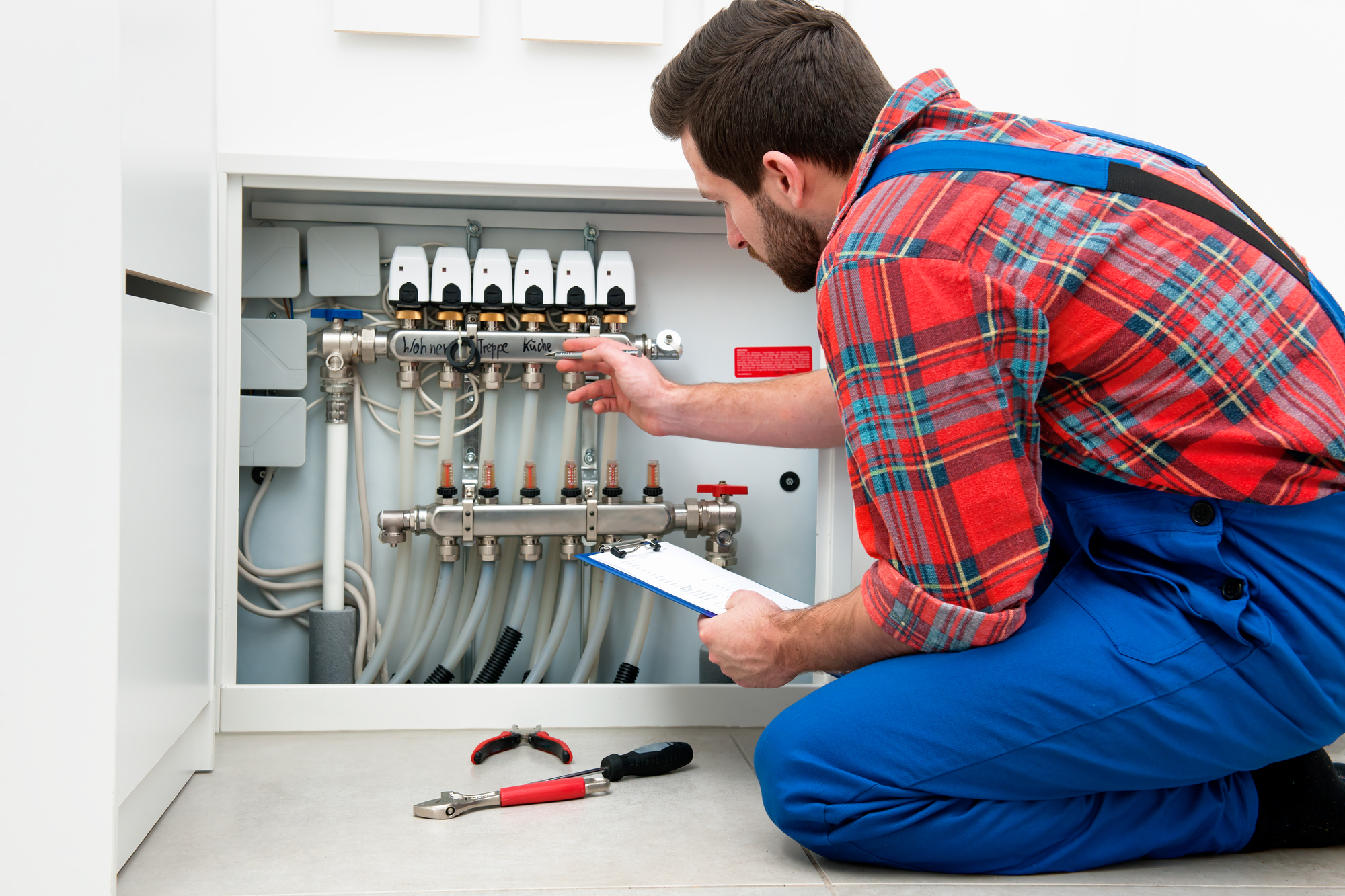Whether you live in Florida or any other state in the US, you may have wondered whether plumbers have to be licensed. Well, this is an important question that requires a straightforward answer, and that’s what we’ll provide in this article.
Firstly, when it comes to plumbing, safety is key. Incorrect plumbing installations can lead to disastrous consequences. Gas leaks can happen, pipes can burst or leak, and the results can be explosive. That’s why you want to work with a licensed plumber who has the experience and training to get the job done correctly.
In Florida, plumbers must be licensed. Therefore, if you’re looking to hire a plumber for your home or business, it’s vital to ensure that they hold the proper licenses. In doing so, you can rest assured that the individual you’ve chosen has completed the necessary training requirements and tests needed for licensure.
Florida law mandates that plumbers must have a valid license to perform any work on plumbing systems, and failure to have the required licenses can lead to penalties and fines. Plumbers obtain licenses through the Florida Department of Business and Professional Regulation (DBPR). The state has established specific rules and regulations that must be followed to obtain a license. These are as follows:
1. Educational Requirements
Suitable training is required to receive a plumbing license in Florida. The state requires one year of work experience or 14 hours of specialized courses in the field of plumbing from a state-approved school or institution. The latter requirement must be received within three years. Once fulfilled, an individual can then apply for a certification examination to become a licensed plumber.
2. License Application and Examination
Plumbing certification applications are handled by the DBPR. The department manages exams and provides details about obtaining a plumbing license. It’s important to note that before applying for a plumbers license, the individual must meet the required educational and experience requirements to qualify for the examination.

3. Liability Insurance and Surety Bond
Additionally, the state of Florida requires plumbers to have liability insurance to guard against risks such as property damage resulting from an incorrect plumbing installation. Also, a surety bond is needed to offer a financial security net for clients if the plumber defaults. In this way, the homeowner can be compensated for any losses.
4. Continuing Education
Plumbers must also participate in a continuing education program to keep their skills current with changing technology and current plumbing codes. They must complete 14 hours of continuing education credit every two years to maintain their Florida plumbing license.
In summary, it’s essential to use licensed plumbers when working on plumbing installations and repairs. They have the training needed to ensure that installations are done correctly, resulting in fewer issues in the future. In Florida, plumbers must obtain a license from the DBPR. Through this process, they obtain liability insurance, surety bonds, and participate in continuing education, securing not only their careers but also encouraging the public to utilize licensed professionals when dealing with their plumbing issues.
Conclusion
Plumbing is a technical field with lots of regulations and licensing requirements, which is why it’s crucial to work with licensed plumbers who have completed the necessary training and are up to date on current technology and codes. In Florida, plumbers must follow specific laws that guide the process of obtaining a license. We encourage homeowners, business owners, and property managers to use licensed professionals for plumbing installations and repairs in their properties.
As we look to new technology, environmental goals, and plumbing upgrades, we must all work together to secure the best industry practices and to ensure our plumbing systems are safe, environmentally friendly, and standards-compliant.






